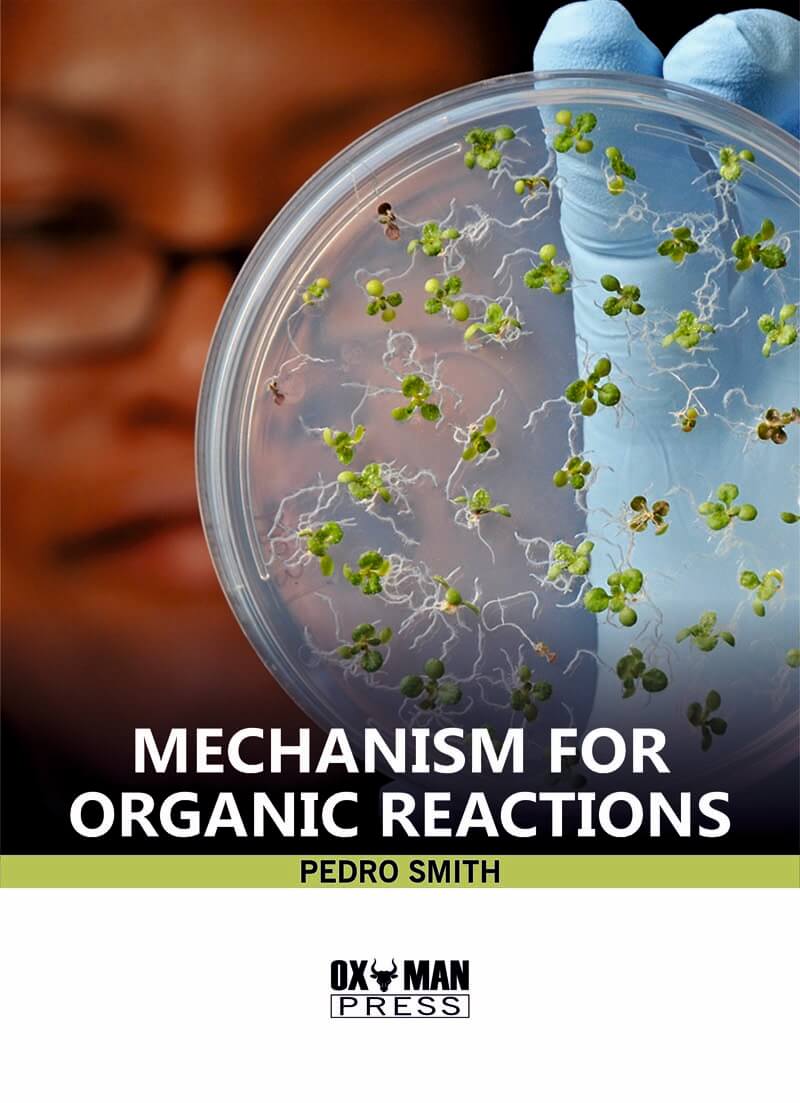Mechanism for Organic Reactions
| ISBN | 9781778807509 |
|---|---|
| Author | Pedro Smith |
| Publisher | OXMAN PRESS |
| Publication Year | 2023 |
| Category | Chemistry |
| Price | $184.00 |
Pedro Smith was a lecturer at Cleveland University, where he teaches general and organic chemistry. He graduated from Canada with a chemistry bachelor's degree and an organic chemistry doctorate. After that, he joined the faculty where he has since been teaching and doing research in the fields of organic and bioinorganic chemistry. He has written dozens of research papers as well as numerous textbooks. He employs analogy to assist pupils understand complex subjects because he is a dynamic and creative teacher. Students benefit from Pedro Smith's distinctively informal delivery style and presentation style as they genuinely learn the course's core concepts. The book Medicinal Chemistry as a Second Language, which he also wrote, which have achieved great success. Sam Wartan earned his undergraduate and doctoral degrees from Ghana. The Association for the Advancement of Science has elected him as a Fellow. Among the many honours he has won is the National Institutes of Health Career Development Award. He is also the author or coauthor of inorganic chemistry, industrial chemistry, advanced organic synthesis: laboratory manual, and organic reaction mechanism in addition to organic chemistry. His areas of interest include organic reaction mechanisms and catalysis. Organic Chemistry, especially those that have biological implications.
